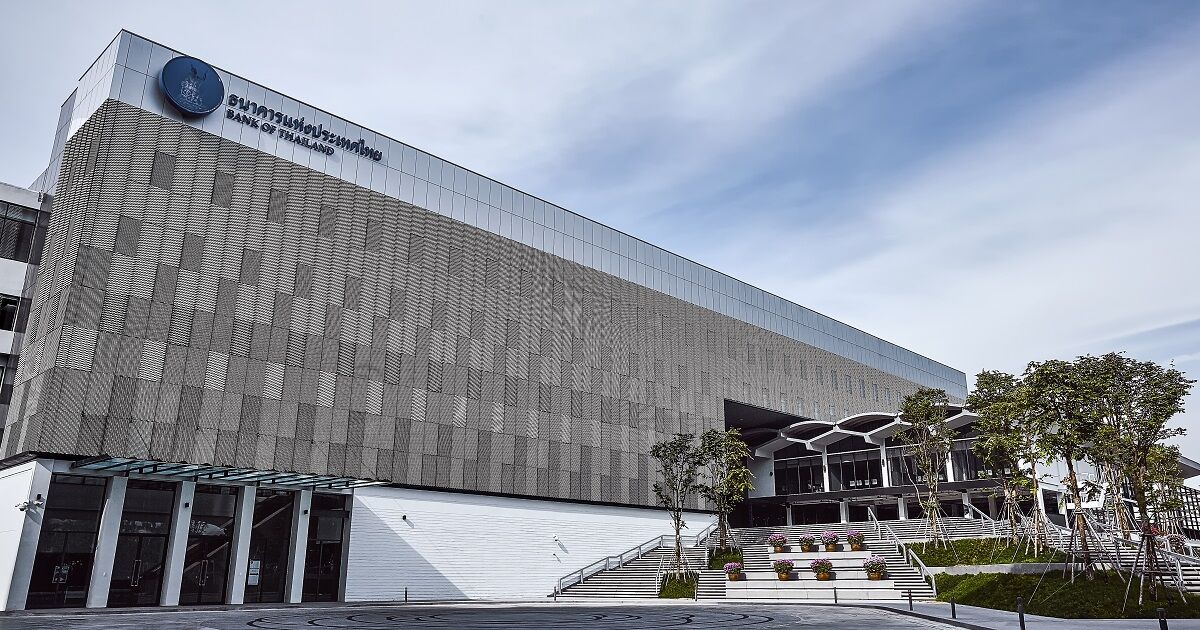Thai finance minister urges bank of Thailand to lower policy rate

The Deputy Finance Minister, Julapun Amornvivat, called on the Bank of Thailand’s Monetary Policy Committee (MPC) to consider lowering its policy rate. The request comes in a bid to alleviate the strain on the public, taking into account the impact of the policy rate on individuals rather than solely focusing on financial stability.
Julapun argues for a harmonious approach, stating that “fiscal and monetary policies must go together,” amid government efforts to bolster a slow economic recovery. The robust fundamentals of the banking system should be taken into account during the central bank’s policy review today, February 6, he added.
Last year’s economic growth slowdown was confirmed by both the Fiscal Policy Office and the Bank of Thailand. To counteract this, the government is seeking to implement short-term stimulus measures, such as the 10,000-baht (US$279) digital wallet handout, to help boost the economy.
Furthermore, Julapun suggests that legislation around the issuing of a 500-billion-baht (US$13.9 billion) loan bill to finance the digital wallet handout scheme should be considered by the government.
“The rate is too high considering the spending power of Thais at the moment.”
His argument for lower interest rates is strengthened by the continued drop in inflation for the fourth consecutive month, partially due to lower energy costs and rising household debt. He added that people are more focused on resolving their debt issues rather than spending.
The economic recovery appears to be more beneficial to high-income groups, while low-income groups are left to accrue more debt. This observation has been highlighted by Julapun, who also commented on the digital wallet scheme reported by Bangkok Post.
The scheme, promised by the Pheu Thai Party during last year’s campaign to provide a 10,000-baht handout to all Thais aged 16 and above, has faced criticism from academics and economists, particularly around whether high-income individuals and those with private wealth should be included.
The eligibility criteria were later revised to include individuals earning less than 70,000 baht (US$1,958) per month and those with less than 500,000 baht (US$13,986) in bank deposits.
Latest Thailand News
Follow The Thaiger on Google News:


























